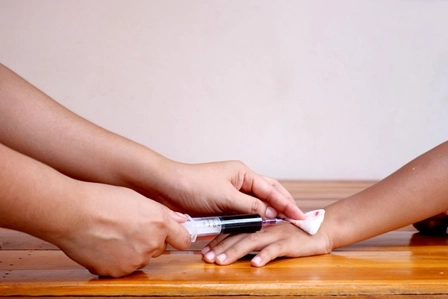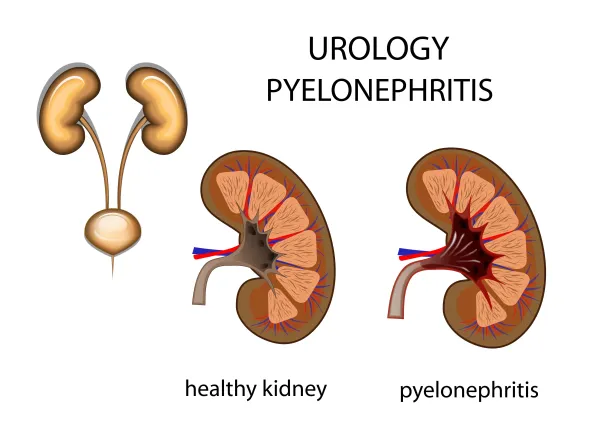Primary Care Coding Alert
Don’t Assume Low Risk in This OTC Scenario
Question: We have a patient who frequently takes Flonase who comes to see us for epistaxis and nasal problems. If the provider documents that they have recommended the patient either use or discontinue use of an over-the-counter medication (OTC), does this count as low risk when determining the level of medical decision making (MDM)? AAPC Forum Participant Answer: Even though it’s likely that a provider’s recommendation for the patient to use or discontinue a particular OTC medication would count as low risk, that recommendation alone does not guarantee the level of MDM. The provider needs to document the risk assessment in some way. According to the definition of risk in the CPT® Evaluation and Management (E/M) Services Guidelines, “a low probability of death may be high risk, whereas a high chance of a minor, self-limited adverse effect of treatment may be low risk… [the] level of risk is based upon consequences of the problem(s) addressed at the encounter when appropriately treated.” An OTC medication itself probably presents a low risk, but if there are no additional notes relating to additional medications, the nature or history of the patient’s nasal problems, or the patient’s epistaxis (nosebleed), it might be best to request details. Something else to consider in this encounter is whether risk assessment of the OTC management is a moot point in determining the encounter level. If you’re determining the appropriate level of E/M service based on the level of MDM, the encounter needs only meet two out of the three elements of MDM. If you can determine whether the situation calls for a low or moderate level of MDM based on the number and complexity of the patient’s problems addressed and the amount/complexity of the data the provider has to review and analyze, then whether the OTC component is low risk doesn’t matter. Furthermore, total time on the date of the encounter can also be used to select the appropriate level of office or other outpatient services, according to the CPT® E/M guidelines. This opens the door to several possible scenarios that would change the encounter from a low to a moderate level of MDM, regardless of any OTC recommendations.
Related Articles
Primary Care Coding Alert
- Condition Spotlight:
Avoid Rash Decisions When Coding Lyme This Season
Know when unspecified code A69.20 is your best option. As temperatures start to rise, so [...] - ICD-10 Coding:
Study These Scenarios to Become a Sequencing Scholar
Check out scenario three to understand underlying conditions. Proper sequencing of ICD-10 codes is hardly [...] - Mythbusters:
Bust These Myths to Banish Bad Coding Habits for Good
Improving your first-pass acceptance ratio might be easier than you think. The phrase, “quality over [...] - You Be the Coder:
Can You Clarify This Z Code Colonoscopy Conundrum?
Question: A patient came in for follow-up on a chronic condition, and the provider noticed [...] - Reader Questions:
Don’t Assume Low Risk in This OTC Scenario
Question: We have a patient who frequently takes Flonase who comes to see us for epistaxis [...] - Reader Questions:
Take Note When Chapters Include Excludes Notes
Question: Can I bill R53.83 and F33.1 together if they are unrelated? AAPC Forum Participant Answer: Yes, [...] - Reader Questions:
Let the Symptoms Speak for This Dermatitis Dx
Question: The provider determined an acute rash was an allergic reaction to nickel exposure but mentions [...]




